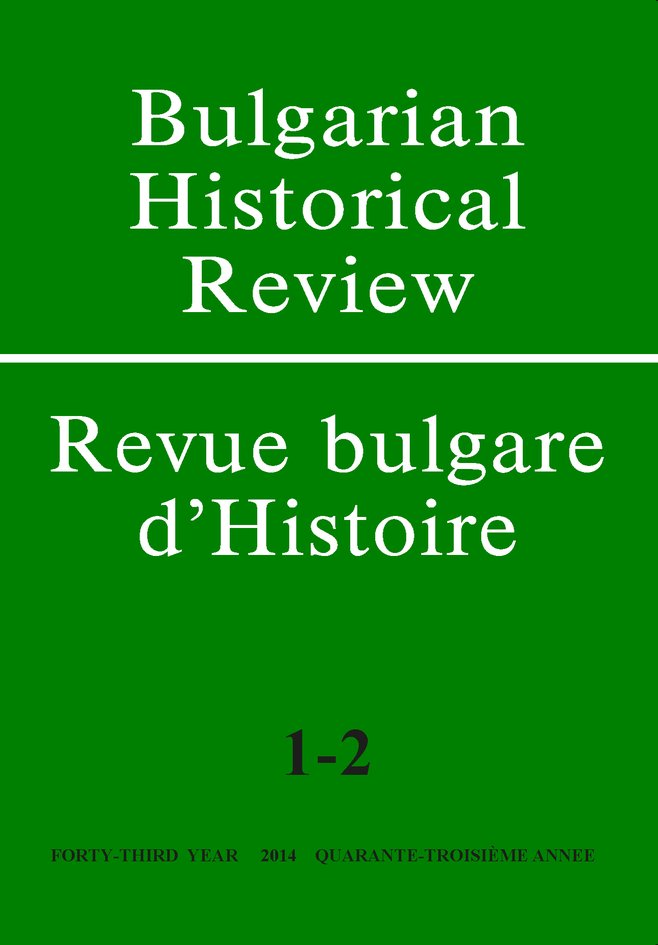Bulgarian Historical Review
Edition of the Institute for Historical Studies at the BAS
Polish Diplomat and Writer Kazimiera Iłłakowiczówna in Bulgaria
Bulgarian Historical Review, 53 (2025), No. 2, pp. 152-176
DOI: https://doi.org/10.71069/BHR2.25.IM07
Iryna Matiash
Professor Iryna Matiash, D.Sc. - Leading Research Fellow at the Department of History of International Relations and Foreign Policy of Ukraine, Institute of History of Ukraine, National Academy of Sciences of Ukraine; Head of the Scientific Society of History of Diplomacy and International Relations; professor at the Centre for East European Studies of University of Warsaw; Scholarship holder of the Polish National Agency for Academic Exchange NAWA under the NAWA Polonist 2024 program at the Faculty of Historical Sciences of the Nicolaus Copernicus University in Toruń. ORCID: https://orcid.org/ 0000-0002-7565-1866, Scopus ID: 57222486175. E-mail: imatiash18@gmail.com
Abstract: The article covers the life and activities of the Polish writer and diplomat Kazimiera Iłłakowiczówna (1888 (1892) – 1983) and her stay in Bulgaria in September 1936. The study takes into account the achievements of historiography and is based on sources found in Polish and Bulgarian archives and libraries. The author shows her path to diplomacy, character traits and intellectual abilities that allowed her to effectively perform complex tasks in the diplomatic service. She received an invitation to work at the Foreign Ministry in November 1918 and became the first woman in Polish diplomacy in a non-technical position.
From May 1926, she also worked as a personal secretary to the Minister of War Józef Piłsudski, combining work in two ministries. In 1929, with the support of Piłsudski, she began traveling abroad with stories about Poland and Józef Piłsudski as a hero of the struggle for independence. In September 1936, Iłłakowiczówna visited Bulgaria, gave in Ruse, Varna, Plovdiv, and Sofia lectures on Józef Piłsudski, radio interviews, and held several poetry evenings and meetings with the Polish community in Bulgaria. The results of her visit contributed to the expansion of Bulgarians’ knowledge and ideas about independent Poland and its heroes, and a detailed analysis of the successes and failures of organizing events, set out in the report, helped to further organize such trips as a tool of public diplomacy. The essays she wrote after the trip also contributed to the formation of a positive image of Bulgaria and Bulgarians among the Poles.
Keywords: Kazimiera Iłłakowiczówna, Woman in Polish Diplomacy, Józef Piłsudski Public Diplomacy.
The fulltext of this article can be purchased on CEEOL: https://www.ceeol.com/search/journal-detail?id=125

